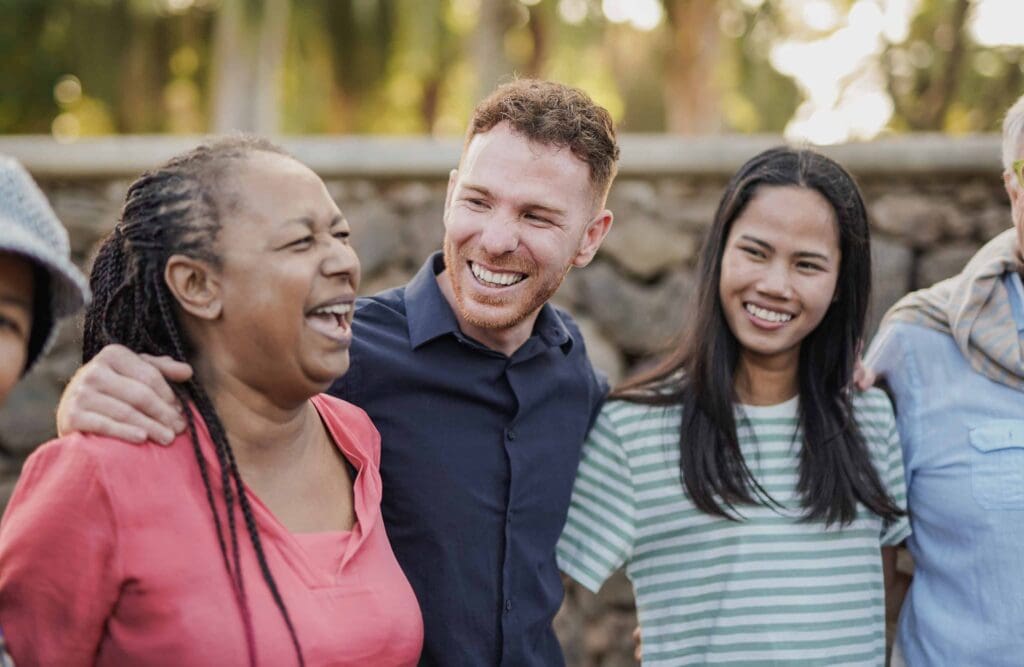Completing a detoxification program is a significant milestone in overcoming substance use disorders. However, detox is merely the initial step; sustaining long-term sobriety requires comprehensive planning and proactive strategies to prevent relapse. Developing a robust post-detox recovery plan is essential for maintaining long-term recovery and achieving a fulfilling, substance-free life. Facilities like Good Landing Recovery offer personalized aftercare planning to ensure individuals transition smoothly into sustained recovery.

Understanding the Importance of Aftercare Planning
Aftercare planning involves creating a structured approach to support individuals as they transition from detoxification to everyday life. This plan addresses potential challenges, identifies triggers, and outlines strategies to cope with cravings and stressors. Without a proper plan, individuals may find themselves overwhelmed by life’s demands, increasing the risk of relapse.
Programs such as those offered by Good Landing Recovery emphasize the importance of comprehensive aftercare planning. These plans are tailored to meet the unique needs of each individual, providing them with tools to navigate post-detox life confidently.
According to the American Addiction Centers, aftercare supports individuals in early recovery, helps them avoid relapse, and assists them in working toward long-term goals. With a clear plan in place, individuals can reduce the uncertainties that often accompany the recovery journey.
Key Components of an Effective Post-Detox Recovery Plan
Creating a robust recovery plan is a collaborative effort between the individual, their support system, and professionals like those at Good Landing Recovery. Below are the critical components of an effective plan:
- Continued Therapy and Counseling
Engaging in ongoing therapy is crucial for addressing underlying issues that contribute to substance use. Therapeutic interventions, such as Cognitive Behavioral Therapy (CBT), can help individuals develop coping mechanisms and modify negative thought patterns. Regular counseling sessions also provide a platform to discuss challenges and celebrate progress.
At Good Landing Recovery, therapy is integrated into every stage of the recovery process, ensuring that mental health and emotional well-being are prioritized alongside sobriety. - Participation in Support Groups
Joining support groups like Alcoholics Anonymous (AA) or Narcotics Anonymous (NA) offers a sense of community and shared experience. These groups provide peer support, accountability, and encouragement, which are vital for sustaining sobriety. To learn more about support groups, visit SAMHSA’s guide to mutual aid. - Developing Relapse Prevention Strategies
Identifying personal triggers and high-risk situations is essential for relapse prevention. Creating a detailed plan that includes coping strategies, emergency contacts, and steps to take if cravings arise can significantly reduce the risk of relapse.
Professionals at Good Landing Recovery work closely with individuals to develop personalized relapse prevention plans. For additional tips, check out Addiction Center’s guide to relapse prevention. - Establishing a Healthy Routine
Incorporating regular physical activity, balanced nutrition, and adequate sleep into daily life supports overall well-being. Engaging in hobbies and activities that bring joy and fulfillment can replace the void left by substance use and reduce the likelihood of relapse.
Nutritional guidance and wellness activities are integral parts of the recovery process at Good Landing Recovery. For advice on post-recovery wellness, explore resources from the Addiction Group. - Utilizing Community Resources
Accessing community resources such as vocational training, educational programs, and housing assistance can aid in rebuilding a stable and productive life. These resources provide practical support and contribute to a sense of purpose and direction.
Good Landing Recovery often collaborates with local organizations to ensure individuals have access to these vital services.
The Role of Family and Social Support
Involving family and close friends in the recovery process can enhance accountability and provide emotional support. Family therapy sessions can address relational dynamics and educate loved ones about addiction and recovery, fostering a supportive home environment.
At Good Landing Recovery, family involvement is encouraged as a key component of aftercare planning. By engaging loved ones in the recovery process, individuals benefit from a stronger and more understanding support system.
Building a Supportive Network:
- Open communication helps rebuild trust between individuals in recovery and their families.
- Social support reduces feelings of isolation, a common trigger for relapse.
- Educating families about addiction enables them to provide informed and compassionate support.

Monitoring Progress and Adjusting the Plan
Recovery is an ongoing process that may require adjustments to the aftercare plan. Regularly monitoring progress, celebrating milestones, and being open to modifying strategies as needed can help maintain motivation and address emerging challenges.
Good Landing Recovery emphasizes the importance of adaptability in recovery plans. Whether an individual faces new stressors, develops additional coping needs, or achieves significant milestones, their aftercare plan evolves to reflect their current situation.
Tools for Monitoring Progress:
- Regular check-ins with counselors or recovery coaches.
- Journaling to track emotions, triggers, and successes.
- Setting short- and long-term goals to stay focused on progress.
Achieving Lasting Recovery
A well-structured aftercare plan does more than prevent relapse; it empowers individuals to build meaningful and fulfilling lives. By addressing the physical, emotional, and social dimensions of recovery, individuals are better equipped to handle life’s challenges without resorting to substance use.
Good Landing Recovery focuses on holistic care, addressing the mind, body, and spirit to foster long-term resilience. Their personalized approach helps individuals discover their potential, regain confidence, and achieve goals that align with their new, sober lifestyle.
With the right support and commitment to aftercare, individuals can achieve lasting recovery, leaving behind the challenges of addiction to embrace a brighter future.

